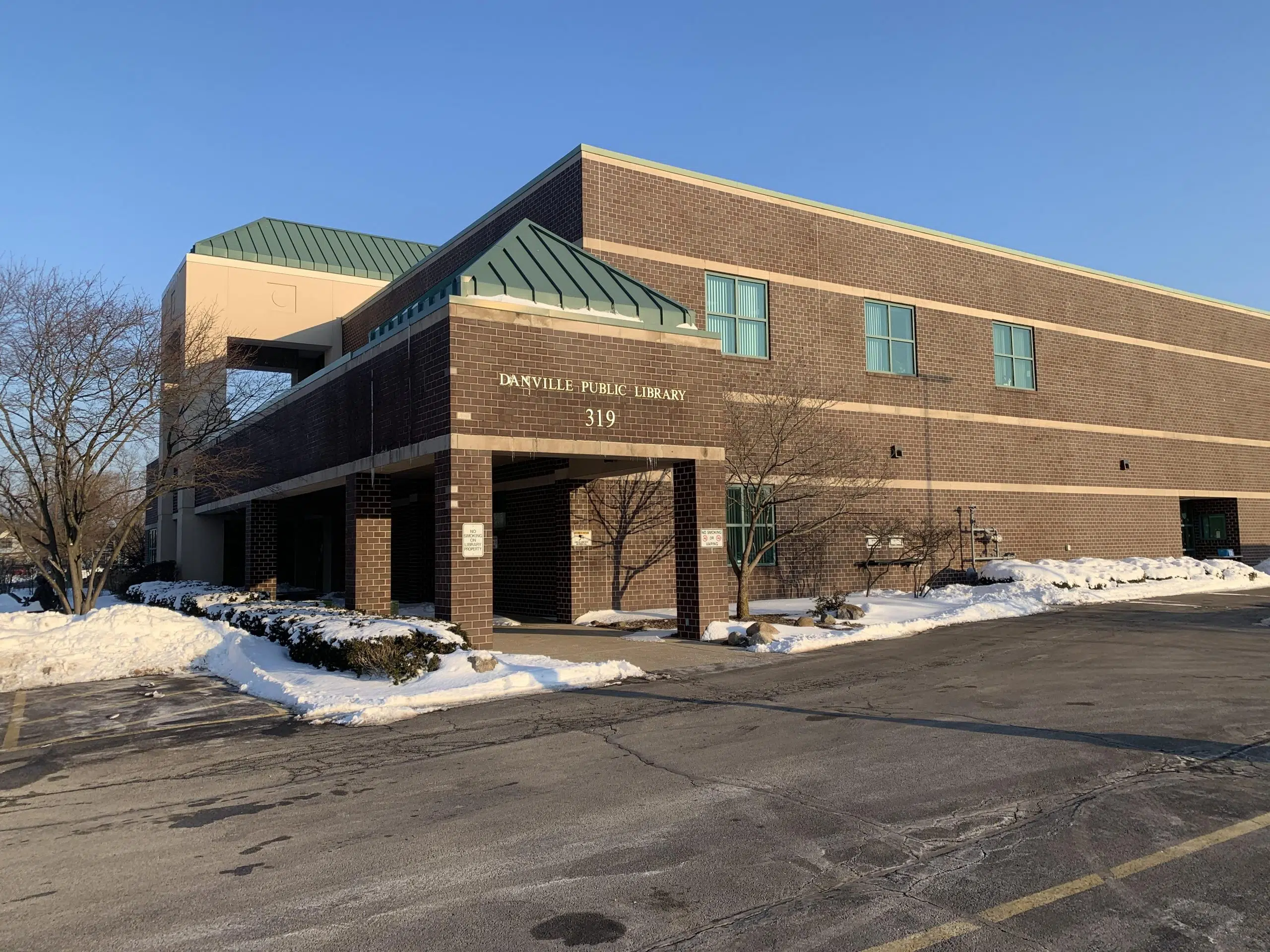While state House Democrats say their plan to sweep $800 million from special funds for universities, tuition assistance and some human services is a lifeline, Gov. Bruce Rauner says it’s actually a game of kick the can. Before leaving Springfield last week for a two-week break, Democrats in the House passed a stopgap spending plan on to the Senate.
State Rep. Carol Ammons, D-Urbana, said it’s not a perfect plan, but something is better than nothing. “(Service providers) would rather have the money now to pay those back bills than to have no money to pay any bills,” she said.
While supporting the measure, State Rep. Stephanie Kifowit, D-Oswego, said the spending bill still isn’t enough. “Somebody who is starving would appreciate some crumbs. Somebody who is parched would appreciate even a drop of water,” Kifowit said.
Rauner said Monday the stopgap proposal is more deficit spending. He said the Democrat-backed plan won’t fix the problem or lead to a balanced budget. “All that will do is kick the can down the road, make the tax hike bigger later, push more employers and more jobs out of the state and not solve any problems and just make it worse,” Rauner said. Rauner said either lawmakers need to pass a balanced budget with reforms to grow the economy, or they should give him the authority to make cuts, but even that isn’t the answer. “If we don’t make the changes to be more economically competitive and grow, our debt is so big cuts won’t fix the problem for the long term,” he said. We’ve got to grow more jobs.”
The governor has been pushing for economic reforms such as a permanent property tax freeze that would require citizen approval through a ballot initiative for any property tax increase. Right now, Illinois has the second-highest property tax rates in the country. Rauner also is pushing for reforms to workers’ compensation to bring business costs more in line with the national average. Illinois currently has the seventh highest workers’ compensation costs in the country. Rauner also is pushing for political reforms such as term limits and redistricting reform to remove politicians from the legislative map-making process. Critics say the current process where the majority party draws the boundaries has politicians picking their voters instead of voters picking their elected officials. All of Rauner’s proposals have been blocked by the Democrat majorities in the House and Senate.
The state Senate could take up House Democrats’ stopgap proposal when it returns the week of April 25.
[This story provided by Illinois Radio Network News.]











